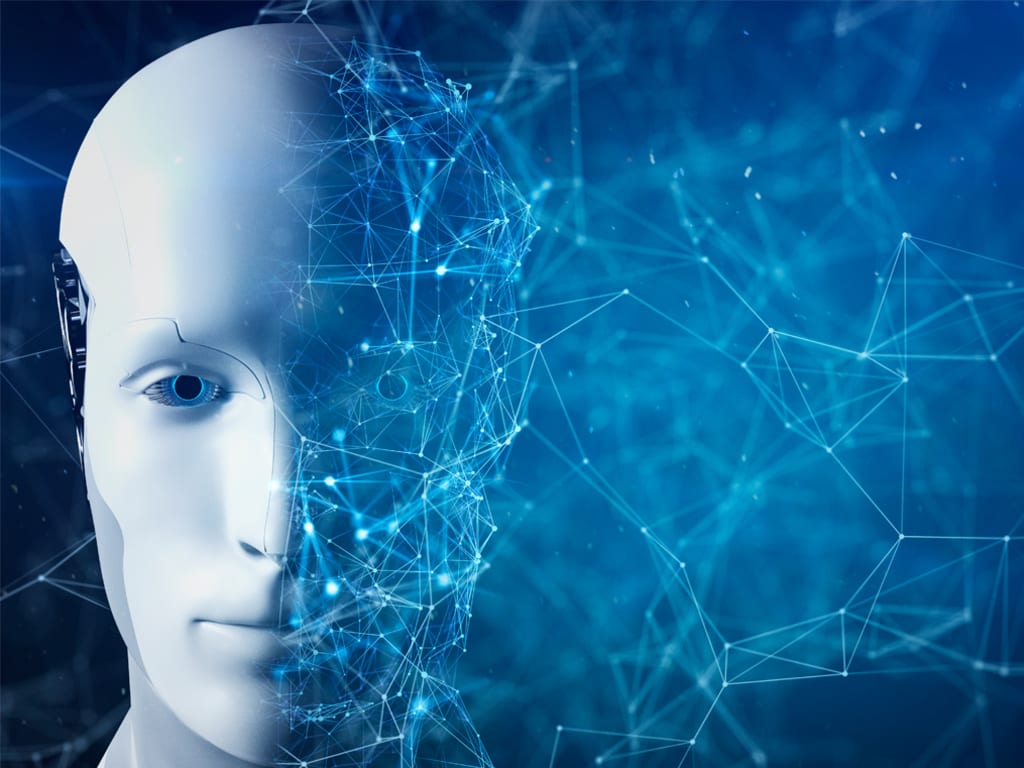
What Went Wrong Actually with The Internet:
A peculiar notion has surfaced among a fringe group, suggesting that the internet, as we know it, experienced its demise in 2016 or possibly 2017. While this hypothesis may sound absurd, it carries an intriguing undertone. Referred to as the Dead Internet theory, it proposes that bots have taken over the digital realm in recent years, resulting in an overwhelming prevalence of fake content across various platforms, including forums, Instagram, Facebook, TikTok, and even news headlines. Advanced artificial intelligence algorithms allegedly generate this spurious content with the intent of manipulating consumer behavior and shaping public opinion.
Furthermore, the theory asserts that even the individuals we encounter online, such as YouTubers, TikTokers, Instagrammers, and other influencers, are predominantly fake, with the few genuine ones being either paid representatives of large corporations or government entities seeking to exert influence and control.
Origins and Controversies:
At first glance, the Dead Internet Theory appears to be nothing more than a preposterous conspiracy theory concocted by individuals donning tinfoil hats on obscure online forums. Interestingly, that is precisely where it originated, tracing back to a single post in 2021 on a website called Agora Road by a user known as illuminatiPirate - a rather dubious origin for a theory that has surprisingly gained traction and garnered attention from the mainstream media.
However, despite its dubious origins, the Dead Internet Theory seems to strike a chord with many people, prompting the question: Could there be any truth to it?
Are We Living in Matrix:
To explore the core idea behind this concept, we must delve into the notion that the internet feels somehow amiss. Perhaps you have personally sensed it—a nagging feeling that something is awry with the online realm, a digital disquiet that has haunted you. This sentiment can be likened to Morpheus' words from The Matrix: "You don't know what it is, but it's there, like a splinter in your mind, driving you mad." Although mildly modified, this quote perfectly encapsulates the essence of the Dead Internet theory. It contends that the vibrant and creative internet landscape of the late '90s and early 2000s has been supplanted by a mundane and monotonous capitalist machinery, where originality is scarce, and everything feels recycled.
Many of us have undoubtedly observed elements of this phenomenon firsthand, such as repetitive threads on Reddit, the resurgence of old memes, or ceaseless arguments on Twitter and Facebook. Even the news often feels like a broken record, revolving around celebrity scandals, celestial phenomena, or sensationalized events designed to capture our attention.
Key Tenets of the Dead Internet Theory:
According to the Dead Internet Theory, this repetitive nature of online content can be explained by the prevalence of bots, tirelessly generating material to generate clicks and serve financial or political agendas. If you have been using the internet long enough to remember dial-up modems, you have likely noticed the stark contrast between the internet of yesteryears and the current landscape. In the past, you might have spent time on MSN Messenger or stumbled upon peculiar personal webpages dedicated to eccentric topics. Today, however, the internet appears more standardized and dominated by a handful of mega-corporations, such as Netflix, Google, Amazon, Facebook, Microsoft, and Apple, which collectively consume a staggering 43% of internet bandwidth. The once-thriving personal websites and blogs have been overshadowed by social media platforms like Facebook and Instagram, while innovative concepts have given way to countless online stores and venture capital-backed social media sites.
So What's the Deal:
OK, it's time to address the elephant in the room here. On one side, I emphasize that the internet is still very much alive, and the challenges we face are yet to be encountered in the future of humanity. Conversely, I also posit that a point will arise where distinguishing between real users and bots will become increasingly difficult. Hence, the question arises: How can we be certain that this time has not already arrived?
In all honesty, we cannot be absolutely certain. It is impossible to definitively state that more advanced iterations of the technologies discussed in this video are not already being utilized by malicious actors. However, as of today, such a scenario seems highly unlikely. The existence of bots capable of genuinely deceiving individuals is currently absent from the free market. Therefore, the only plausible entities that could have developed such sophisticated bots are world governments or major technology companies. In essence, for the Dead Internet Theory to hold true today, it would necessitate a global conspiracy at the highest echelons, which is highly improbable.
Nevertheless, the proliferation of bots remains a significant threat, and both large corporations and global governments are treating it with the utmost seriousness. Several technology firms, including Microsoft, are actively developing software to detect deepfakes, while renowned computer scientists are exploring methods to embed watermarks into text generated by programs like GPT-3. It can be said that we are preparing ourselves for an impending conflict.
In actuality, the term "Dead Internet Theory" has been misleading all along. It is not merely a theory; it is a prophecy.
Thank you very much for taking the time to read the article . Please consider Subscribing to the page so you don't miss any future updates.
About the Creator
Sam
I enjoy writing blog posts encompassing a variety of topics, including travel tips, daily life hacks, tech news, fiction, and science fiction. I also share my personal experiences in the hopes of providing valuable insights for my readers.





Comments
There are no comments for this story
Be the first to respond and start the conversation.